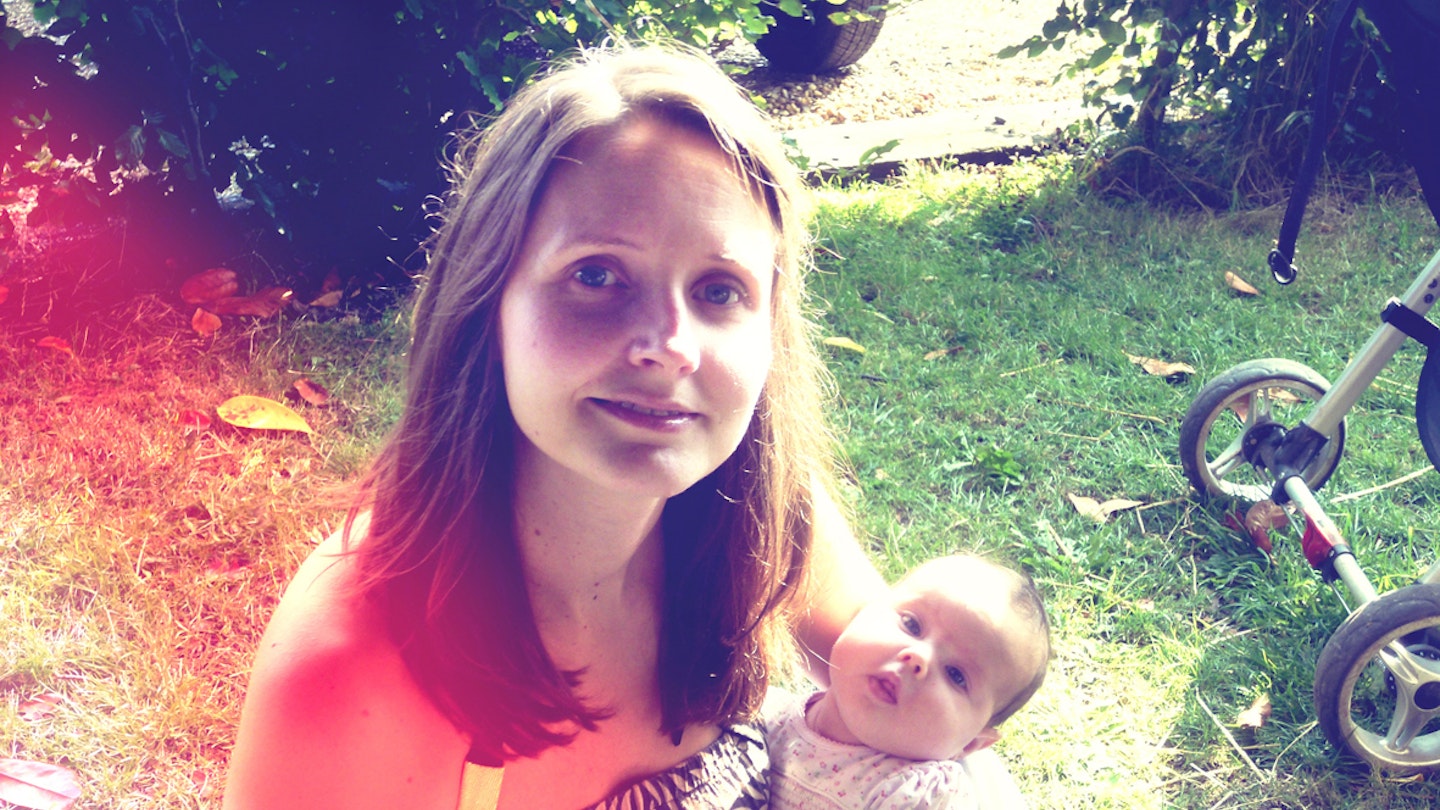This mum really did experience the kind of birth that the rest of us can hardly believe is possible
Faye Ferriday, 36, a full-time mum, lives in Harpenden with her husband Richard, 37. She is mum to Will, two, and Lois, six months
‘With my first baby, I was induced because my labourdidn’t start within 24 hours of my waters breaking. It was a long and painful labour and, when I got pregnant again, I became convinced history would repeat itself. To relieve my worries, I took a hypnobirthing course.
‘At 39 weeks, my waters broke and I felt a flood of anxiety, so I rang the hospital. They said they’d wait for 24 hours to see if anything happened, then I’d be given a hormone gel to help kick-start labour. By the next morning, I had accepted an induction – something I’d been dreading – was inevitable.
‘When we reached hospital, the midwife put the gel around my cervix. As I waited for it to take effect, I called Joan Mills, my hypnobirthing teacher. She told me to try one of the remedies from the homeopathic kit I’d taken with me, which made me feel more positive. Four hours later, I began to feel twinges, followed by stronger contractions.
'I practised my hypnobirthing techniques – breathing and counting through each contraction while visualising my stomach inflating like a balloon. I felt no pain, only strong pressure. The midwives examined me, and I was 3cm dilated, so they moved me to the labour ward.
'It might sound crazy, but I felt serene'
‘Things progressed quickly and I paced the floor, listening to my hypnobirthing CD. “You and your baby are happy and healthy,” the voice told me. It might sound crazy, but I felt serene. Breathing deeply while relaxing my body made each surge feel manageable. And the more my labour intensified, the more I felt my anxiety ebbing away.
'I felt calm and in control. At 8.30pm, after six hours of active labour, I was overcome by an instinctive urge to push. The midwife confirmed it was time. I closed my eyes, remembering what I’d learnt about breathing to help the baby out.
'I felt a burning sensation, but it still wasn’t painful. I focused on allowing my body to do what felt natural and, after six huge breaths, I felt pressure as my baby’s head emerged, swiftly followed by her body. The midwife handed my baby to me and she was perfect. As I held her against my skin, I couldn’t believe the pain I’d expected had never happened.
‘Lois was healthy, but I lost some blood, so had to stay in hospital for three days. But nothing could take away my delight at achieving a painless, natural birth. I’d assumed I had a low pain threshold when it came to birth, but now I feel stronger. Relaxing helped me concentrate my energy on what was important: having my beautiful baby.’
What I Would Tell My Friends
Being induced doesn’t mean you’re not going to have the birth you want. I found that using hypnobirthing techniques helped keep my natural birth on track.
Buy yourself a homeopathic birth kit. Mine made me feel in control (£26.95, helios.co.uk).
When you’re experiencing a contraction, keep your body relaxed. Whether by breathing or visualisation, it helps reduce the pain.
